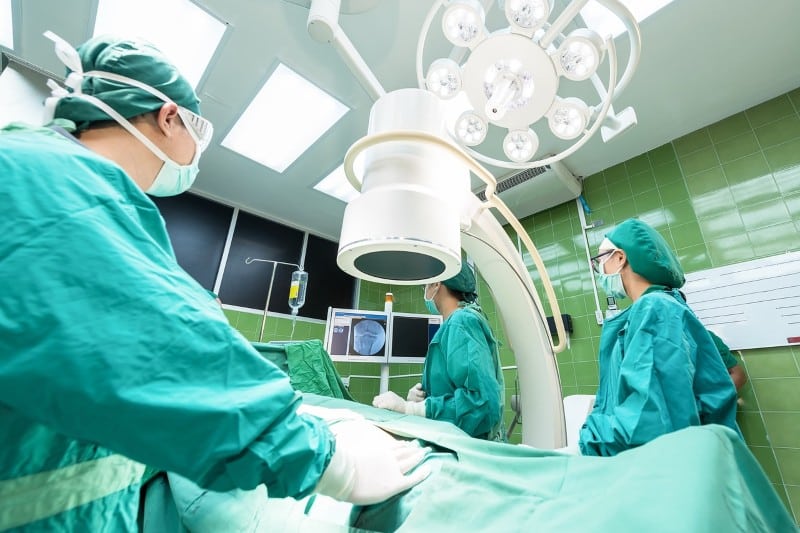Bangkok Hospital has allocated over THB 200 million (USD 5.45 million) to establish an advanced robotic surgery center. This new facility, equipped with multiple operating rooms and the latest robotic platforms including the da Vinci Xi Surgical System, signifies the hospital’s dedication to becoming the leading center for robotic-assisted surgery in Southeast Asia.
The hospital has successfully completed 200 cases, showcasing its expertise in utilizing cutting-edge technology to achieve superior patient outcomes. Its strategic vision focuses on making advanced surgical treatments more accessible and affordable for patients throughout the region.
The da Vinci Xi Surgical System allows surgeons to perform complex procedures with enhanced precision and dexterity. Conditions benefiting from robotic-assisted surgery include thoracic diseases like lung cancer, urological diseases such as prostate and kidney cancers, abdominal and hepato-pancreato-biliary diseases including hernias and liver cancer, and gynecological diseases like uterine fibroids and ovarian masses.
Dr. Ekkit Surakarn, Deputy Hospital Director, emphasized the hospital’s commitment to addressing the unique healthcare challenges in Southeast Asia, such as the growing burden of cancers, an aging population, and disparities in access to quality care. The robot-assisted surgery program is designed to provide significant benefits and value to patients, while efforts are being made to expand insurance coverage for these advanced treatments.
Significant outcomes have been reported, including reduced blood loss, shorter recovery times, quicker patient mobilization, decreased infection risk, and fewer unplanned readmissions. Specific procedures have benefited from nerve-sparing techniques that preserve urinary function in prostate cancer cases and improved lymph node removal in lung cancer cases.
Bangkok Hospital’s multidisciplinary approach involves highly skilled medical teams creating personalized treatment plans to provide comprehensive care. The hospital’s five-year roadmap includes expanding robotic surgery capabilities to cover more specialties, such as ear-nose-throat surgery, and investing in education and training to establish itself as a regional center for skill development.
(Source: TechNode Global)
